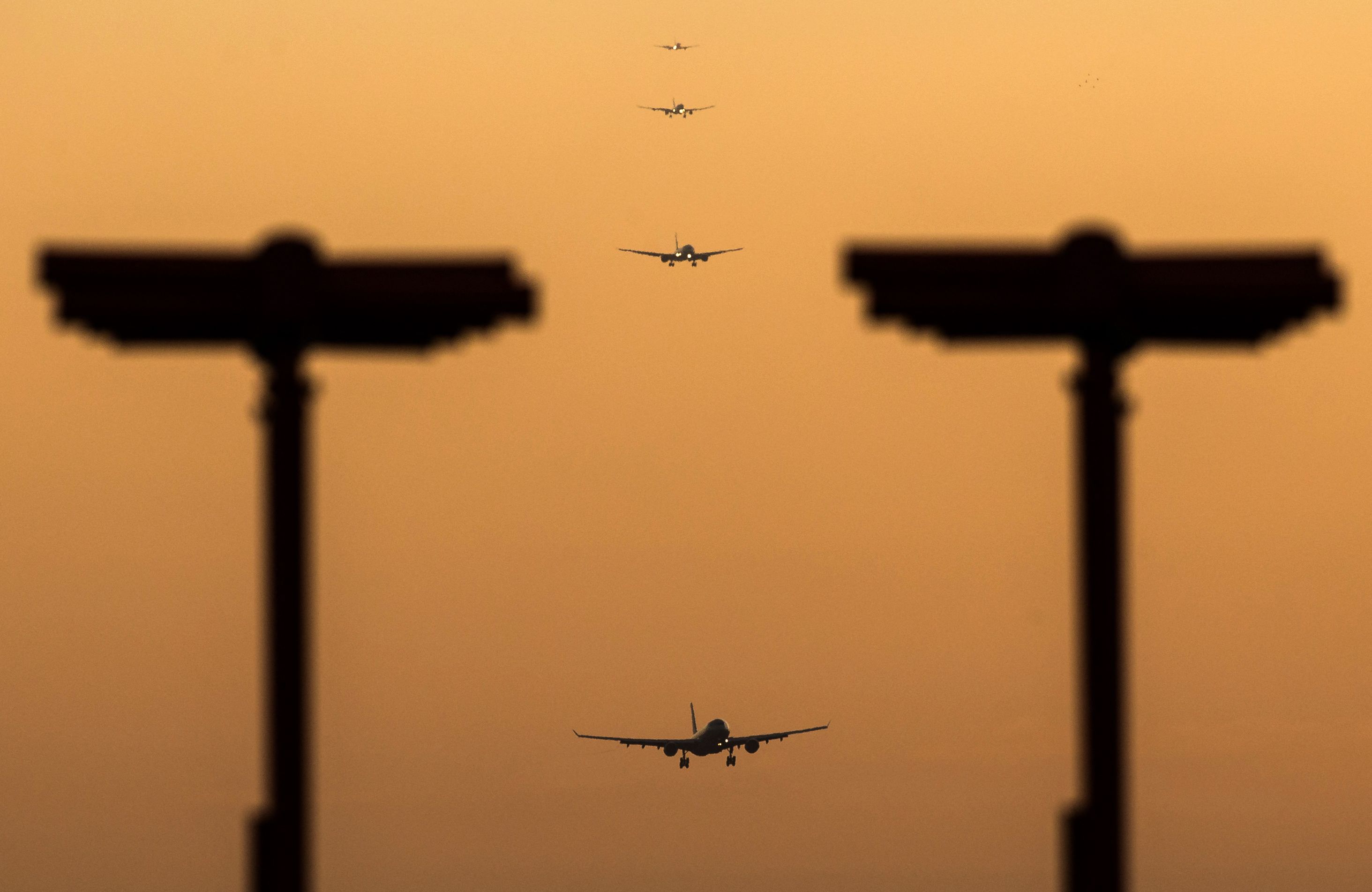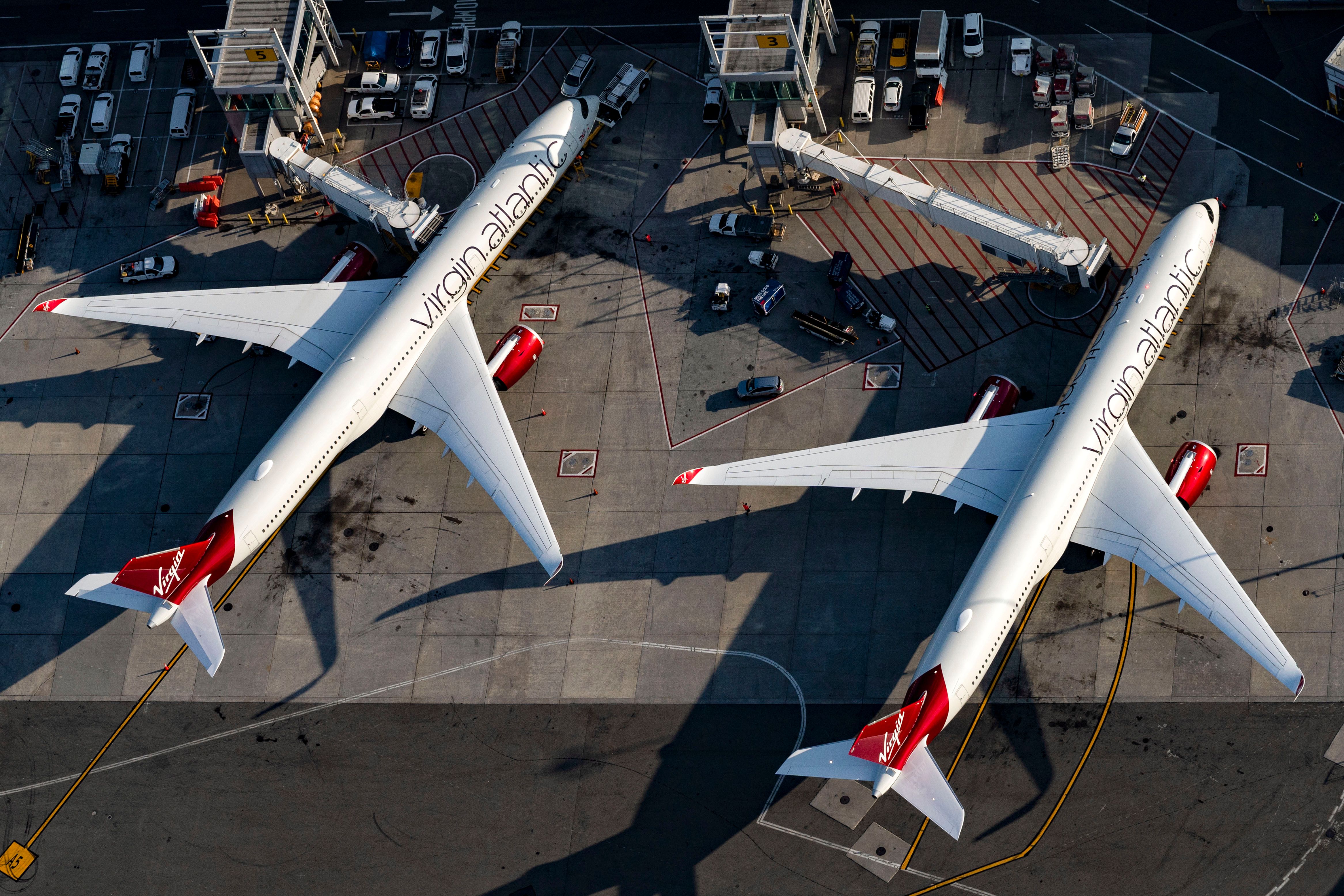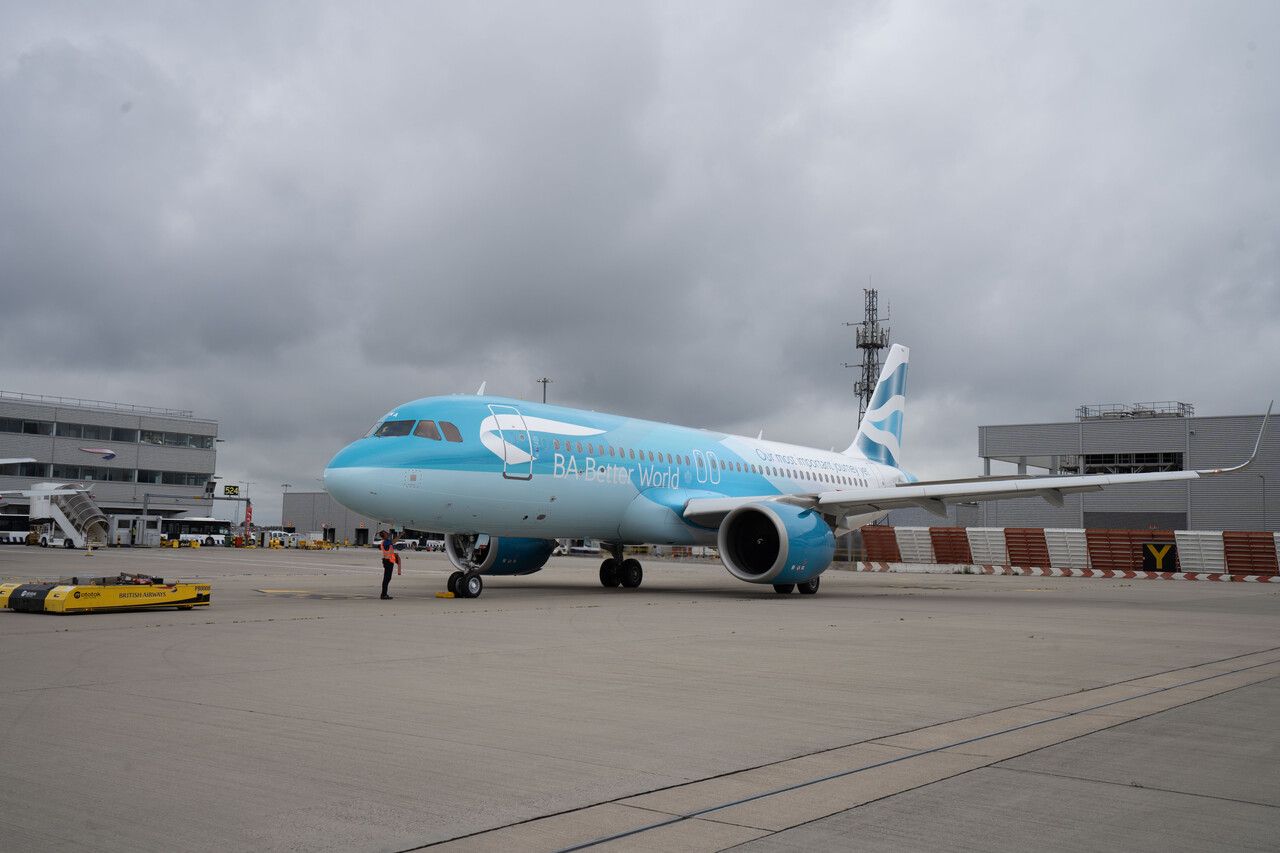Just as the weekend was kicking off, the UK announced plans to make the first net-zero carbon transatlantic flight happen in 2023. To facilitate this sustainable leap for one of the world's most heavily trafficked corridors, the Secretary of State for Transport, Grant Shapps, has invited the international sector to work with the UK government to deliver a demonstrator flight powered by 100% sustainable aviation fuel (SAF) before the end of next year.
Competition open to all airlines operating US-UK nonstop
In order to help things along, the minister announced a competition fund. This will make up to £1 million ($1.225 million) in funding will be made available from 2022 to 2023 to support the testing, research, and personnel costs of the flight. The competition is open to all airlines operating nonstop UK-US routes, as well as fuel producers, suppliers, and aircraft or engine manufacturers. Mr Shapps commented on the initiative,
"This trailblazing net-zero emissions flight, a world first, will demonstrate the vital role that sustainable aviation fuel can play in decarbonising aviation in line with our ambitious net-zero targets. That’s not just great news for the environment, it’s great news for passengers who will be able to visit the Big Apple without increasing damaging greenhouse gas emissions."
Not an overall popular strategy
Some take issue with the UK government's idea to "make guilt-free flying a reality." Cait Hewitt, Policy Director for the Aviation Environment Federation (AEF), said a report the organization recently commissioned shows that the government is too reliant on technology that has not yet matured to reach its "jet zero" targets. As quoted by The Guardian, Hewitt said the UK government should focus on reducing the number of flights, whereas instead, it was,
“...sitting back and allowing both airports and emissions to grow in the short term while hoping for future technologies and fuels to save the day.”
Discover more of the latest aviation news!
Turbocharging of production needed
Others are more positively inclined towards the new challenge, meant to help accelerate the testing and approval of 100% SAF, compared to the current 50% for which modern engines are certified. Tim Alderslade, Chief Executive Officer at trade body Airlines UK, stated in response to the net-zero transatlantic challenge announcement,
"UK airlines strongly support the development of a UK SAF industry, which will play a vital role in helping our sector deliver net-zero emissions by 2050, as we are committed to doing. (...) We now need to turbocharge production in order to build the initial 3 SAF plants by 2025 and UK airlines have shown real commitment to making this happen with our partnerships with Philipps 66, Velocys and LanzaTech."
Even if aircraft were certified tomorrow to fly on 100% SAF, supply is far from enough to generate any real dent in aviation emissions. With significant investments and airline/fuel provider announcements such as the recent landmark deal between United Airlines and Neste constantly emerging, there is hope that could change. Whether or not it will be in time remains to be seen.
Do you think there will be a net-zero emissions transatlantic commercial flight next year? If there is, will it be significant or a publicity gimmick?
Source: The Guardian



